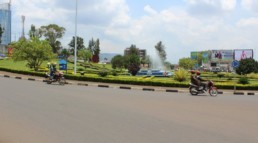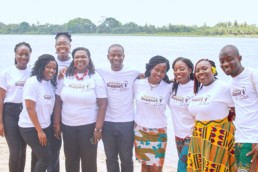The oohs and aaahs you hear around you in Kigali, Rwanda’s capital, is the sound of visitors from other African countries seeing the light…
…Such as a straightforward visa-on-arrival, immigration officers who don’t ask for gifts, taxis drivers who give receipts, motor taxis riders who wear uniforms and stop at red lights on the clean streets (like really clean streets), street lights that work, government workers who work, security guards who stay awake.
Embarrassingly basic stuff that’s unfortunately far from basic in these here parts. You know, the whole “capable of managing our own affairs” thing of the ‘60s.
The stuff you can see is buttressed by equally impressive technical metrics, like the fastest human development in the past 25years, as reported in this Economist article. [http://econ.st/1Wew2nt]
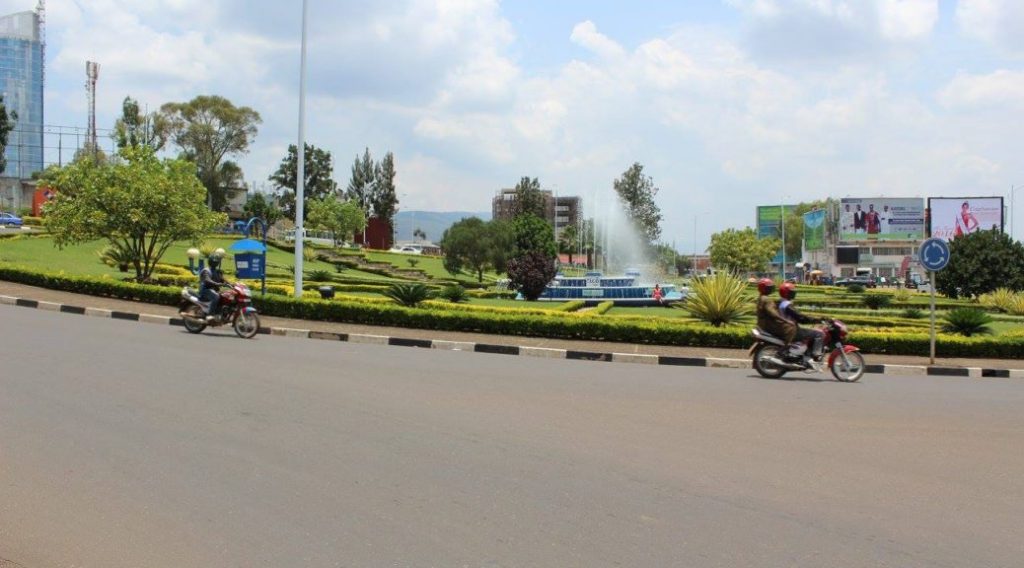
I can’t say I know Rwanda. I’ve only been there on three short visits. But even from the little I know, and from talking to people who know the country much better than I do, I do know it’s not perfect.
But I know Rwanda is on to something, something transformative, something that has eluded most African countries South of the Sahara, North of South Africa: “Middle Africa,” my friend Regina calls it.
When I think of the chaotic process of buying land or getting a passport in my native Ghana, to be able to register a business in six hours in another African country, in any country, is a big freaking deal. Free WiFi on public buses? A feat about which even many more advanced countries have had cold feet. It’s that boldness. That refusal to go by the—with all due respect to Malawi—Malawi standard, i.e., “But we’re doing better than Malawi.” Even with its neighbor Burundi one of the poorest countries in the world, Rwanda has famously set itself a vision to be like Singapore and that’s the standard.
I didn’t hear the Singapore vision thing for the first from the government; I heard it from young Rwandans in a chat with students in my friend Emmanuel Etim’s class in Kigali. In fact, it was Emmanuel who first drew my attention to the Rwanda thing when he described how serious and efficient the process was of recruiting him from Washington, DC to go and teach video production in Kigali. Emmanuel also mentioned the clean streets and tree-lined boulevards but I couldn’t quite picture it until I went there, and I’ve tried to capture it in this picture essay showing that Switzerland may be the Rwanda of Europe.
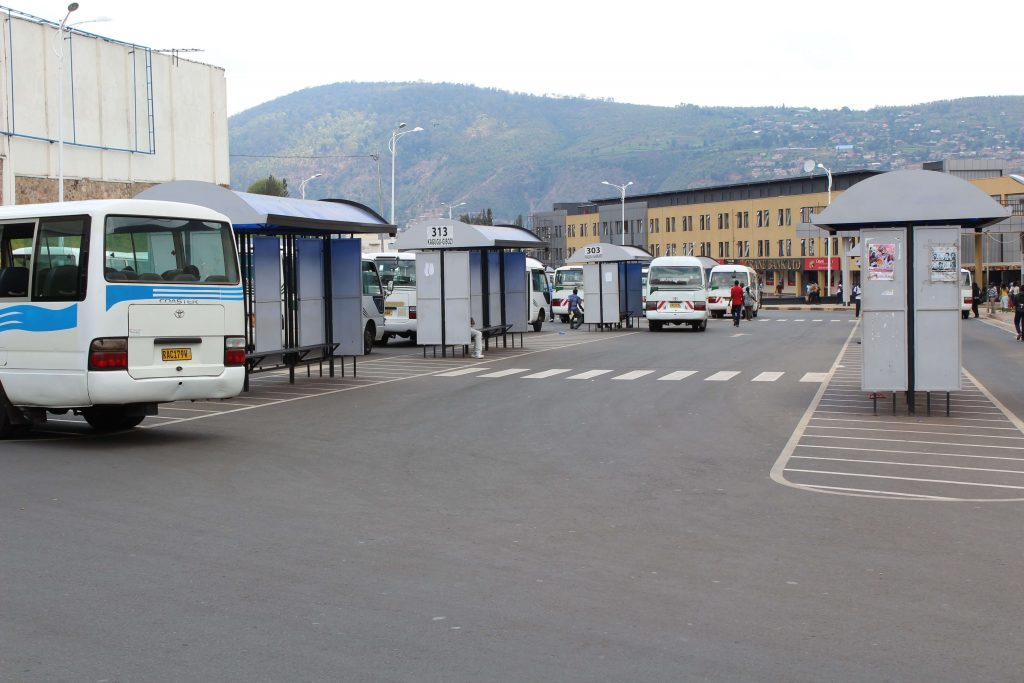
Young Rwandans would also tell you that their government is really good at executing. This, I heard in another random chat with a group of them, a chat in which I was astounded by the clarity with which they understood where the country was trying to go and their role in it.
On the execution thing though, I remember when I first read about the plan for free Wifi on public buses and I posted it on Facebook and how surprised I was when I went to Kigali less than three months later to see that it had already been rolled out so massively, including on all the bus rides I took, mostly to lower middle class neighborhoods (also super clean, by the way). On one such bus ride, I got into a conversation about Kigali’s progress with yet another young Rwandan on his way home from college. His question for me? “Tell us what we can do to improve.”
But you can experience that execution thing before you even set foot in Kigali. Before my first visit, I went to the website of the foreign ministry to do my homework. I was pleasantly surprised by how current the website was, so I decided to check out the websites of other ministries. Each one looked sharp. Even the Twitter and Facebook pages of the national police are always current. After three visits, I’m still oohing and aahing about little things like that.
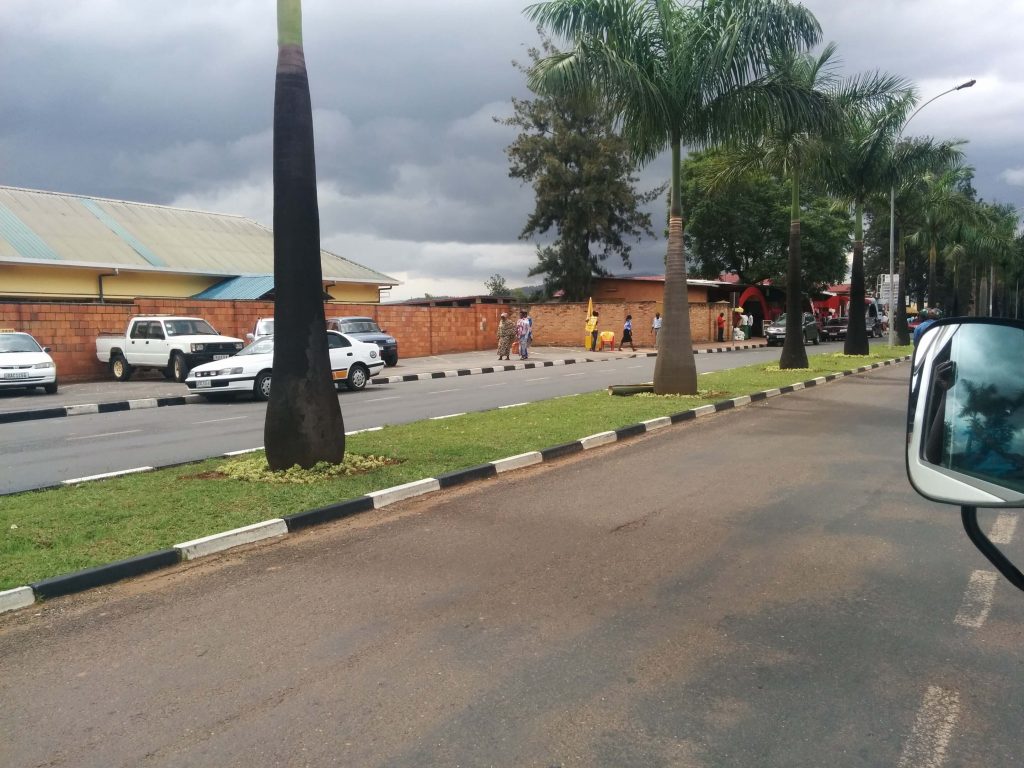
Even if this is all a PR job to make the government look good, it’s a hell of a PR job, thereby unexpectedly bolstering the government’s reputation for execution.
Contrast that to the e-Services portal of the Ghana Government. The last time I checked, in 2016, the latest news [http://bit.ly/2as3udF] on the portal was of the launch of said portal in 2014. (Makes you wonder if it was just another initiative designed to please foreigners or for some people to make money.)
For years, we’ve looked at the Switzerlands and Japans of the world and thrown up our hands in the exasperation that—as one Ghanaian Minister of State said to someone I know as they were both landing in Dubai, seated in Business Class with our taxes—“My brother, we are not there yet.”
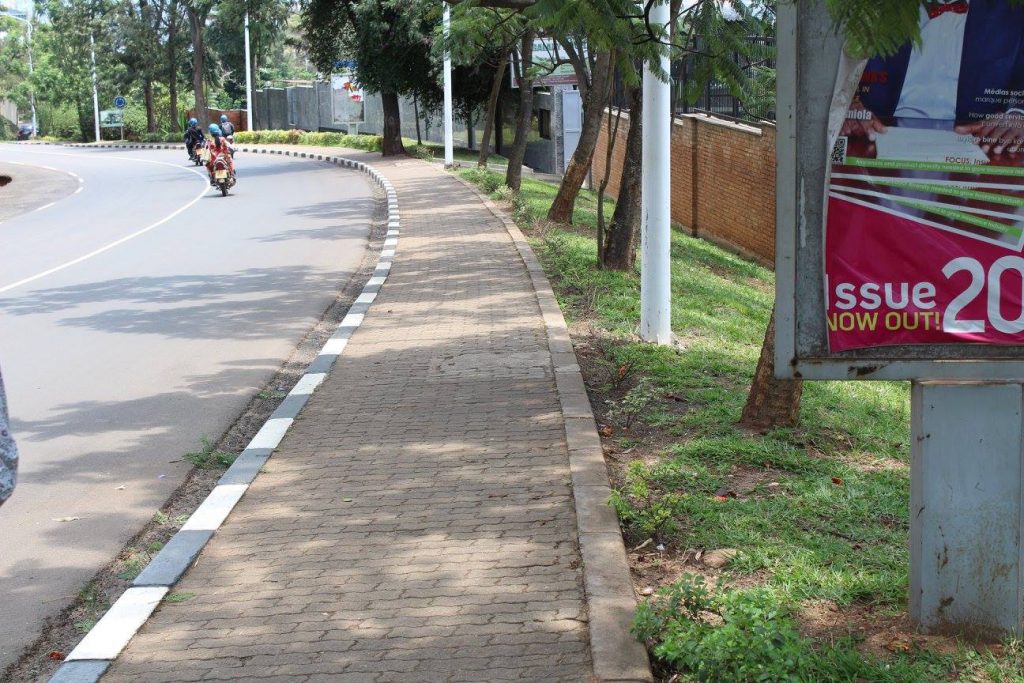
I’d always believed that all the nonsense that makes us say “This is Africa” doesn’t have to be. That a black African country (hence, the exclusion of North Africa and the Republic of South Africa) can achieve that level of seriousness. That that thing for which we all yearn but of whose existence we had not had much proof was possible. Now here’s proof.
We may assume that the older folks are blinded by nostalgia in their memories of immediate-post-independence Ghana, but here we can compare side by side. And I wonder if the same Ghanaian Minister would look at Rwanda and say we’re not there yet. (What are we waiting for? A genocide?)
Rwanda is by no means perfect. They even have power cuts too. But here’s the difference: My friends in Rwanda got text messages when their power was going to get cut. On that same visit, I saw the president on the front page talking about power cuts, not to make excuses or say how everything was great, but to blast the power companies for not moving fast enough.
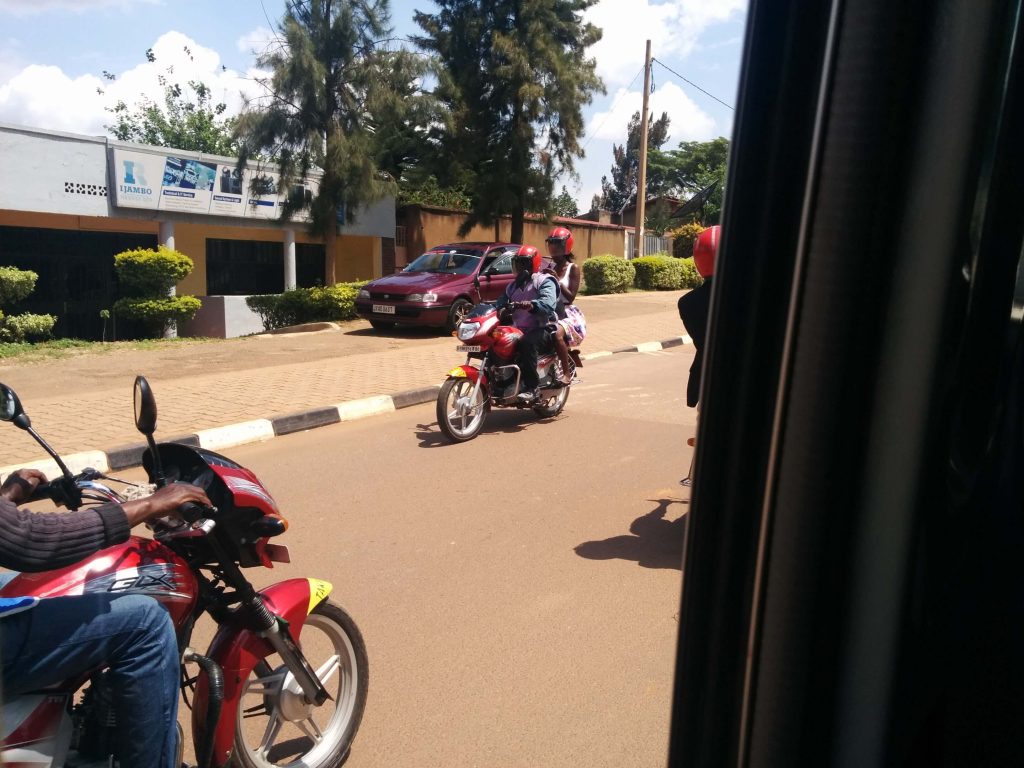
And you can’t talk about Rwanda without talking about its leadership, to whom most ascribe the country’s achievements. But where some see a sly and ruthless dictator, others see a benevolent dictator, a model for the rest of Africa. In fact, the oohs and ahhs make many human rights activists uncomfortable because they think the people oohing and aahing have fallen for the trick.
I recognize the democracy and human rights conversation as a worthy one, in fact worthy of a totally new piece. Undisputed, though, is Paul Kagame’s commitment to developing his country, and the man’s incredible management ability to make that happen. Someone told me every African leader should go and learn at Kagame’s feet. Add to that every MBA student, and many Fortune 500 CEOs.
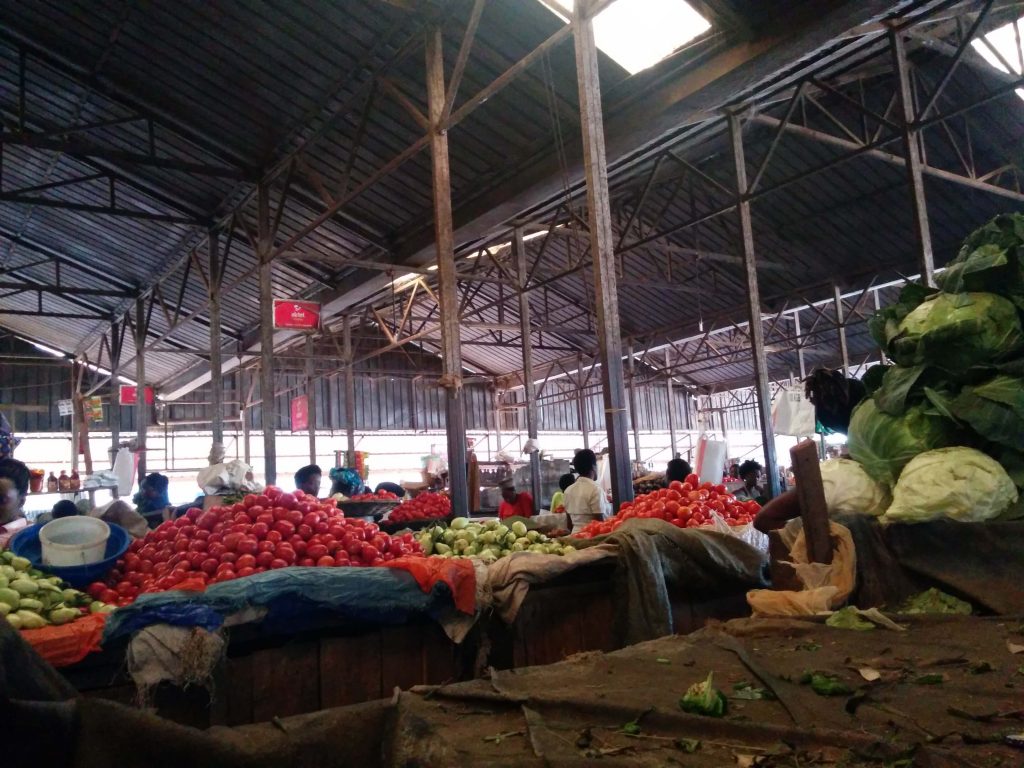
But the part of the “benevolent dictator” debate I find most interesting is that you don’t need to be a dictator to achieve most of the things Kagame has achieved. Ghana’s presidency has been described by some constitutional law scholars as “imperial,” by design. And we are beginning to see signs in Nigeria and Tanzania, for instance, that one can prosecute an agenda of order and development within the context of competitive democracies.
Besides, we in Ghana have had our share of rulers with absolute power, sometimes for more than a decade in a row, and we’ve had democracy for more than two decades now, and we still have to hire bribe all kinds of people just to get a passport.
So when you think about it, Africans aren’t necessarily clamoring for benevolent dictators. We’re just asking for benevolent leaders, moderately competent. Just that. Is that too much to ask?

